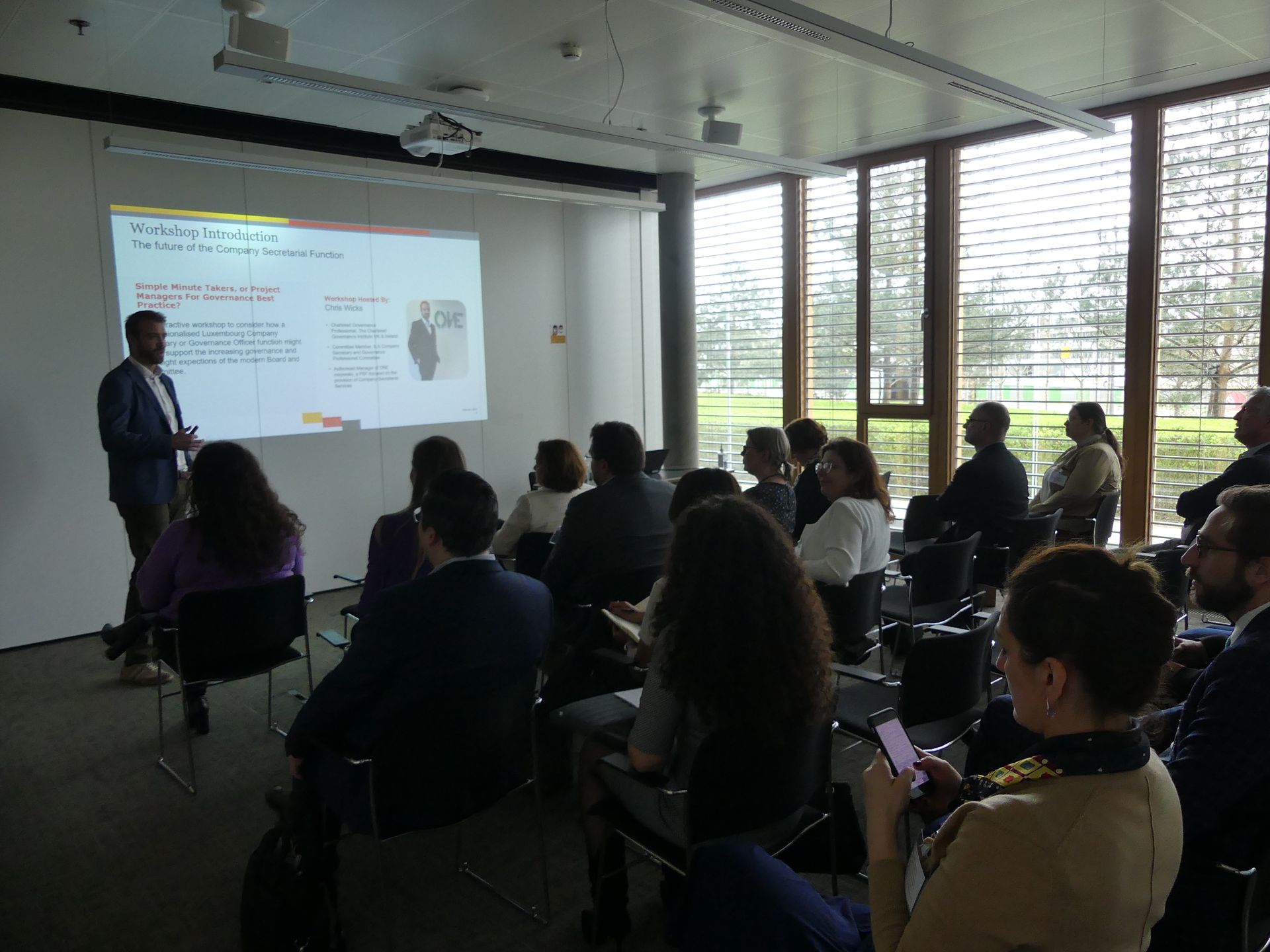Many current examples seem to confirm what history has taught us many times. When a company fails it is often routed in weak internal governance. It reminds us of the critical and key role the board of directors plays. The BoD is not only the first level that sets the tone of the organisation. It lies in its responsibility to ensure a firm has a sound strategy, is properly set-up and sustainably operated.
Given the growing complexity of the overall environment(s) the quality of the board and its members become a decisive factor of the organisation’s long-term success. So, today what makes a board successful in the long run? What are the building blocks of a successful board's DNA?
It is common knowledge directors must be fully skilled and have substantial experience. Furthermore, not only do they have to know the obligations and the responsibilities they have but must also be willing to take on these responsibilities and act in their organisation’s and its stakeholders’ best interest. What seems even more important today is what each individual director can bring to the table in terms of skills, experience, and background.
Successful boards are often characterised by their diverse but complementary composition. They have managed to unite many diversity aspects in terms of education, experience, gender, cultural background, independence, etc. Because they have understood that this is how you ultimately enrich the decision-making process and the effectiveness. Diversified boards combine multiple competences, enable different perspectives and approaches, usually work and function better, and ultimately have a better overall vision of the company.
At present an organisations’ future is very much shaped by sustainability considerations and technology innovation. It is expected of BoDs to embrace and promote related objectives to ensure the organisations long-term viability. The realization of having represented the specific competencies in this regard on the board seems to be slowly but surely gaining acceptance. However, it seems there is still a long way to go before this is the case.
In view of the expectations and requirements placed on a board of directors, its composition is an important first building block. Their structure and modi operandi a second. Indeed, to be able to face the many different challenges, boards need to be properly structured internally and know how they want to work.
Furthermore, successful boards also ensure a very organised and streamlined controlling process that provides them with timely and detailed information about the reality and operations of the company. Fortunately, the realisation that a strong internal control framework not only prevents vulnerabilities and risks, but also protects the organisation from threats, in the long run, is becoming more and more widespread. What is often overlooked in this context is the learning effect for the whole organisation. The board of directors has a role model function for the entire organisation. BoDs taking control, audit and compliance issues seriously send out a strong signal to all internal and external stakeholders of an organisation.
Finally, the present is characterised by numerous and rapid changes of various natures. The saying "only as strong as the weakest link" does not necessarily apply to a well-staffed board of directors. However, this does not release board members from their duty of care to serve their organisation to the best of their knowledge. This requires the commitment of every board member to continue his or her education throughout his or her life. Especially because one thing has not and will not change. Board members bear responsibility for their actions or lack thereof.
Since 2005, ILA has been committed to fostering and developing corporate governance. In Luxembourg and beyond its borders. This goes far beyond the education and training of board members. We have made it our mission to support all persons and functions who bear responsibility in the field of corporate governance. Be they executive directors, non-executive directors, independent or not, company secretaries or corporate governance officers. We offer our members the opportunity to educate themselves, to network and to exchange ideas. In addition, we support our members by sharing best practices and informing them collectively and individually. In our Working Committees, we engage in thought leadership to promote corporate governance. Ultimately, we are in regular exchange with supervisory authorities and political decision-makers to protect the interests of this crucial activity, its functions and professionals. We will continue to pursue this mission consistently in the future.

Philipp von Restorff
CEO of ILA


